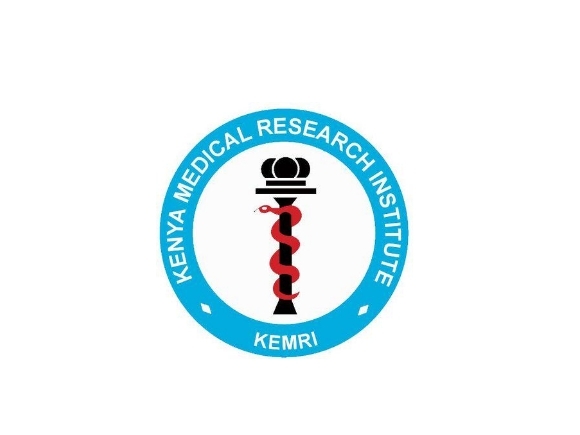
A recent study conducted by the Kenya Medical Research Institute (Kemri) has revealed a promising new approach to reduce malaria rates in pregnant women with HIV.
The research, published in the Lancet journal, found that adding the antimalarial drug dihydroartemisinin–piperaquine to the daily antibiotic co-trimoxazole significantly decreased the risk of malaria in this vulnerable population.
According to Dr. Hellen Barsosio, a clinical research scientist at Kemri’s CGHR and lead author of the study, “Not only did we find that adding dihydroartemisinin–piperaquine to co-trimoxazole was safe and prevented two out of every three malaria infections during pregnancy, it was also very well tolerated by pregnant women, which is very important when a drug is given for prevention.”
The trial, which involved 904 women, demonstrated that the combination of monthly dihydroartemisinin–piperaquine and daily co-trimoxazole reduced the incidence of malaria in pregnant women with HIV by an impressive 68% compared to those who received only the standard daily co-trimoxazole.
“This study could lead to a much-needed policy change that could make a real difference in improving maternal and newborn health in Africa,” added Barsosio.
The findings are expected to have a significant impact on malaria prevention guidelines and national health policies. The study also identified dihydroartemisinin–piperaquine as the only well-tolerated antimalarial for malaria prevention in pregnant women with HIV, offering hope for a more effective and sustainable approach to combating this deadly disease in vulnerable populations.






